She’s young enough to add ½ to her age; 5 and ½. She’s tired. It’s been a long day. Her name is Sol, the youngest of my grandkids. She has trouble with her “L’s” and tells me that she’s going to trade in their old family Nissan for a “cherwy wed Teswa. (Read, cherry red Tesla.)
Does she understand what she’s doing in the climate march? Unlikely. But it doesn’t override her right to be there. Her 11-year-old older brother has brought her along.
By the time she is an adult, she will be experiencing the worst of the climate crisis. Migrations from the US coast to higher ground, food and water shortages due to heat and drought. Dying seas, new tropical disease vectors, and mass extinctions. Yes, she should have a say.
There are those who assert that children shouldn’t be victimized by climate “hysteria.” That they are being used by adults as pawns, and that this shows the hypocrisy of climate activists… i.e. they don’t really care about children.
Yet, kids are always much smarter than we give them credit for. Witness a generation growing up under the threat of nuclear annihilation, or the Vietnam war, or an age of AIDs.
The real hypocrisy is that of those who blame the victim and ignore the irony that children could be protected by climate action. If they really cared to protect kids from climate catastrophe, they would get off their asses and start working toward solutions. Cognitive bias and dissonance keep them in denial about acting on the climate crisis. As a result, blaming the victim is now a common right wing tactic. Why is this political attitude prevalent, and what can we learn from it that might help our climate communications?
There are two areas of research that shed some light on how our political divide influences our perspective on children and the future.
The first is by George Lakoff who says that conservatives and liberals hold different values, and only a few of these values are shared. Of course conservatives and liberals both love their children. In the most simplified description, in the conservative world, children are taught are right from wrong through discipline and sometimes punishment so they can grow up to become responsible citizens. It is the duty of the father or patriarch to teach them.
In the liberal world, children are helped by both parents when they make mistakes so they can learn from them and grow up to be responsible adults and also contribute to society. Allowing children to learn from mistakes helps them face a potentially dangerous and changing world. To conservatives, this is coddling and leads to morally weak adults.
Lakoff goes on to define a conservative moral hierarchy. God above man, man above nature, man above women and children. This helps explain why children have an inferior position. They must be seen and not heard. They must obey adults to learn discipline. Adults have a duty to take care of children. Loyalty is required by the adults.
Violation of hierarchy and patriarchy is viewed as morally wrong. So the view of conservatives on children who march in climate strikes is that they are not following the conservative hierarchy, they are rebelling against it, and are therefore morally wrong. (Indeed, the ultimate patriarch, the President, has said that climate change is a hoax.) Those who let them march are also morally wrong and weak parents. Yet we are facing a climate crisis and need flexible responses to address the danger as a civilization.
The second area to shed light is a study by Baldwin and Lammers in 2016. They studied the “temporal” orientation of conservatives and liberals. In other words, how do frames about the future and the past influence people’s attitudes toward climate change. Conservatives, by nature, want to conserve and preserve the past. The slogan, “Make America Great Again” is a past-looking frame. It turns out that conservatives are much more responsive to preserving a greener past than saving a future world for our children, a forward looking perspective. While this past-focused messaging influences conservatives, it has no negative impact on liberals.
So it’s no wonder that conservatives are apoplectic about Greta Thunberg who speaks of her future and challenges adult patriarchal authority. Our children are telling us we can’t rely on a conservative patriarchy to solve the problem.
How can we make use of this information in our communications?
First, simply understand the reactions from conservatives, and don’t buy into “blame-the-victim.” Shared stories about our love and concern we have for our children and all children can build bridges.
Second, when addressing general audiences, we can use terminology focused on restoration and preservation. For example, “We are marching to restore and preserve the natural balance of the earth.” Values around protection and security are also useful.
Third, children can still influence their parents. Age appropriate educational programs on the real causes and solutions around the climate crisis for kids not only help them learn, reduce fear, give them control, and take away victimization. They have the secondary benefit of influencing conservative parents.
Here’s to all the kids that are marching and the decisions of those in power upon which they depend. Let’s restore and preserve our world.
‘We are all connected. Savor the Earth!’™
Hobie,
L. Hobart Stocking
SkyWaterEarth.com
hobart@skywaterearth.com
651-357-0110
Facebook: @SkyWaterEarthConnected
Twitter: @SkyWaterEarth


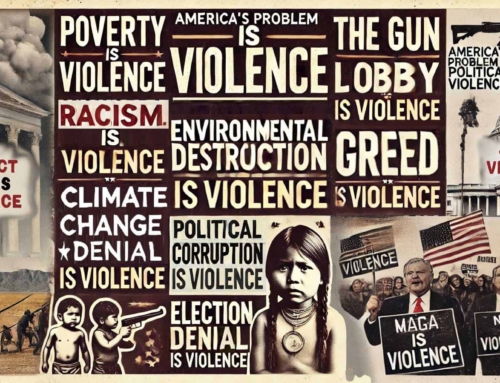
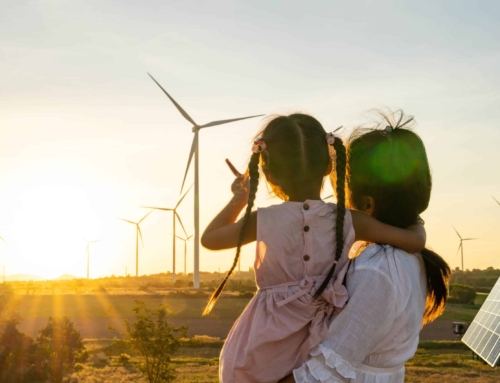
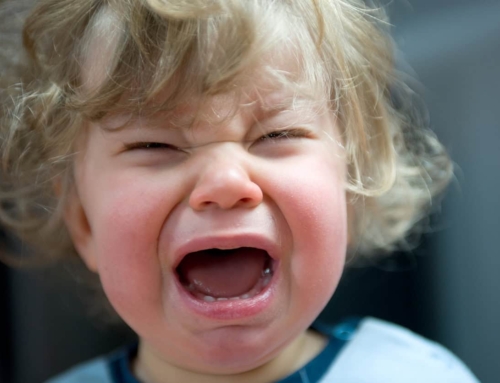
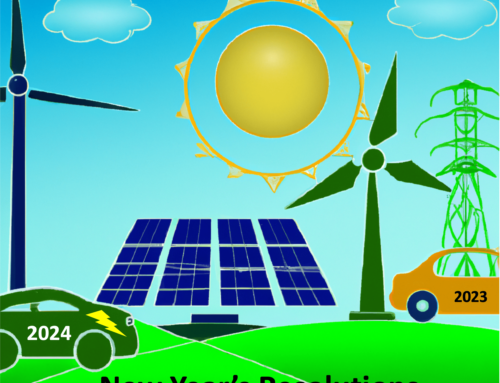
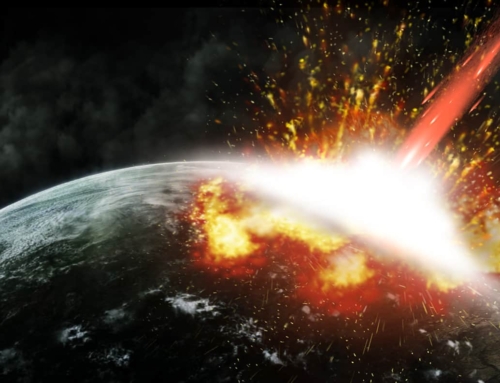
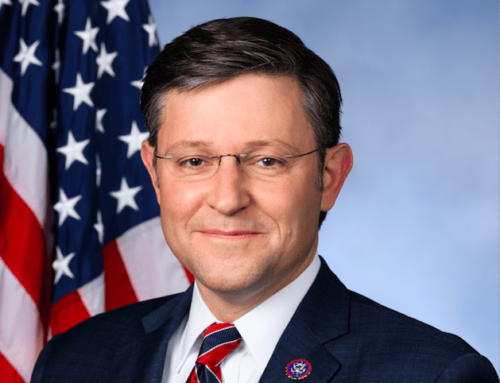
Leave A Comment